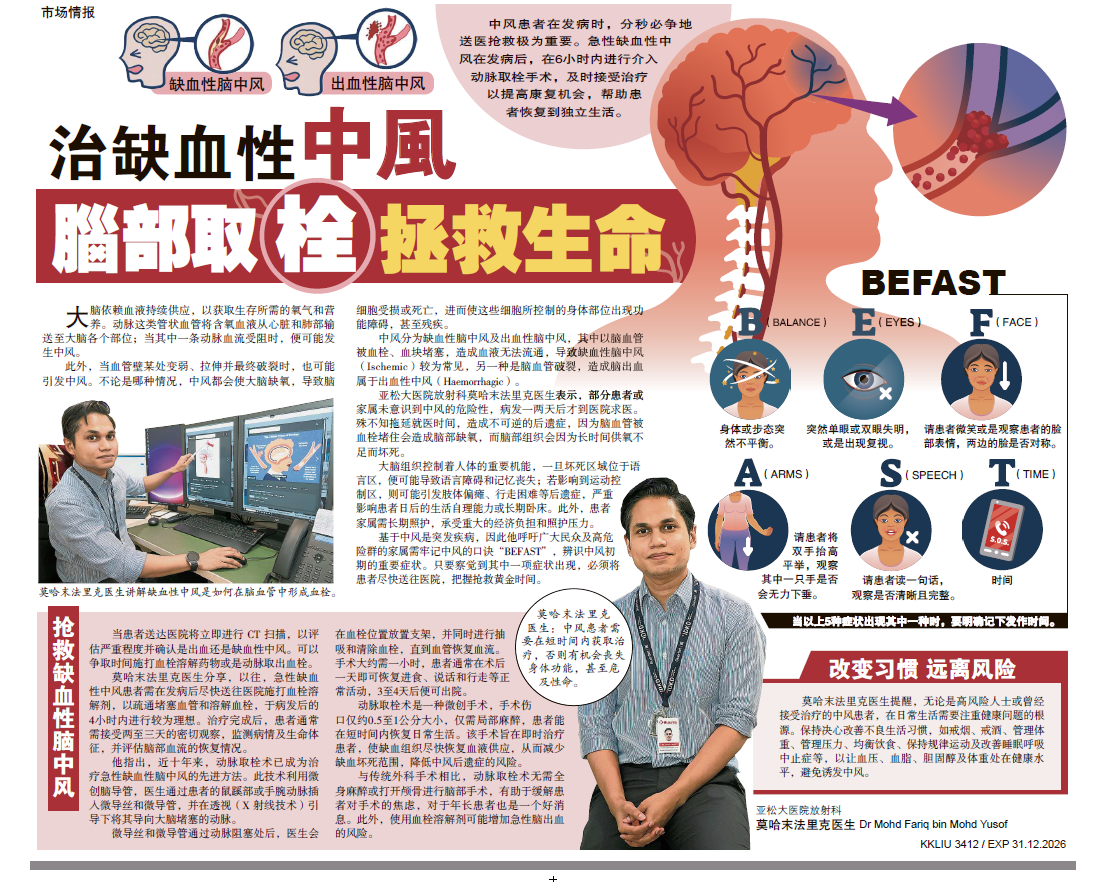Does your heart skip a beat, and speed up or slow down at any given time? The whole ‘love at first sight’ mirage might not entirely be the cause for that sudden fluttering or dull thudding sensation within your ribcage. It could in fact be something more sinister…
Arrhythmia is a medical condition when your heart unexpectedly begins to race, or feels like it has skipped a beat. For most people, palpitations are a once-in-a-blue-moon occurrence. Others can experience dozens a day, some so strong that they feel they are going through a heart attack.
Most palpitations are caused by a harmless “hiccup” in the heart’s rhythm. A few reflect a problem in the heart or elsewhere in the body. Doctors sometimes attribute them to anxiety, depression, or some other emotional or psychological problem. However it remains imperative for them to first rule out harmful heart rhythms and other physical causes.
Arrhythmias may be caused by many different factors, including:
- Coronary artery diseases.
- Electrolyte imbalances in blood (such as sodium or potassium).
- Changes in heart muscle.
- Injury from a heart attack.
- Healing process after heart surgery.
There are several different types of arrhythmia, most of which occur at the top of your heart (supraventricular or atrial) but aren’t life threatening. Arrhythmias that arise from your ventricles (ventricular), however, are more serious and can sometimes be fatal. If you experience the following symptoms on a regular basis, it is best to consult a doctor immediately.
Signs & Symptoms to look out for include:
- Fast or slow heart beat
- Skipping beats
- Light-headedness/ Dizziness
- Chest pain
- Shortness of breath
- Paleness
- Sweating
That said irregular heart rhythms are also known to occur in “normal” and “healthy” hearts. If you suddenly feel short of breath and experience any of the symptoms listed above when performing certain activities, you should avoid them.
Quit smokig immediately and consider a lifestyle revamp that includes reducing and limiting your alcohol and caffeine intake. Certain stimulants especially found in cough and flu medications contain ingredients that promote these “hiccups” in the heartbeat. Most important of all, seek advice from your doctor immediately if your symptoms persist











